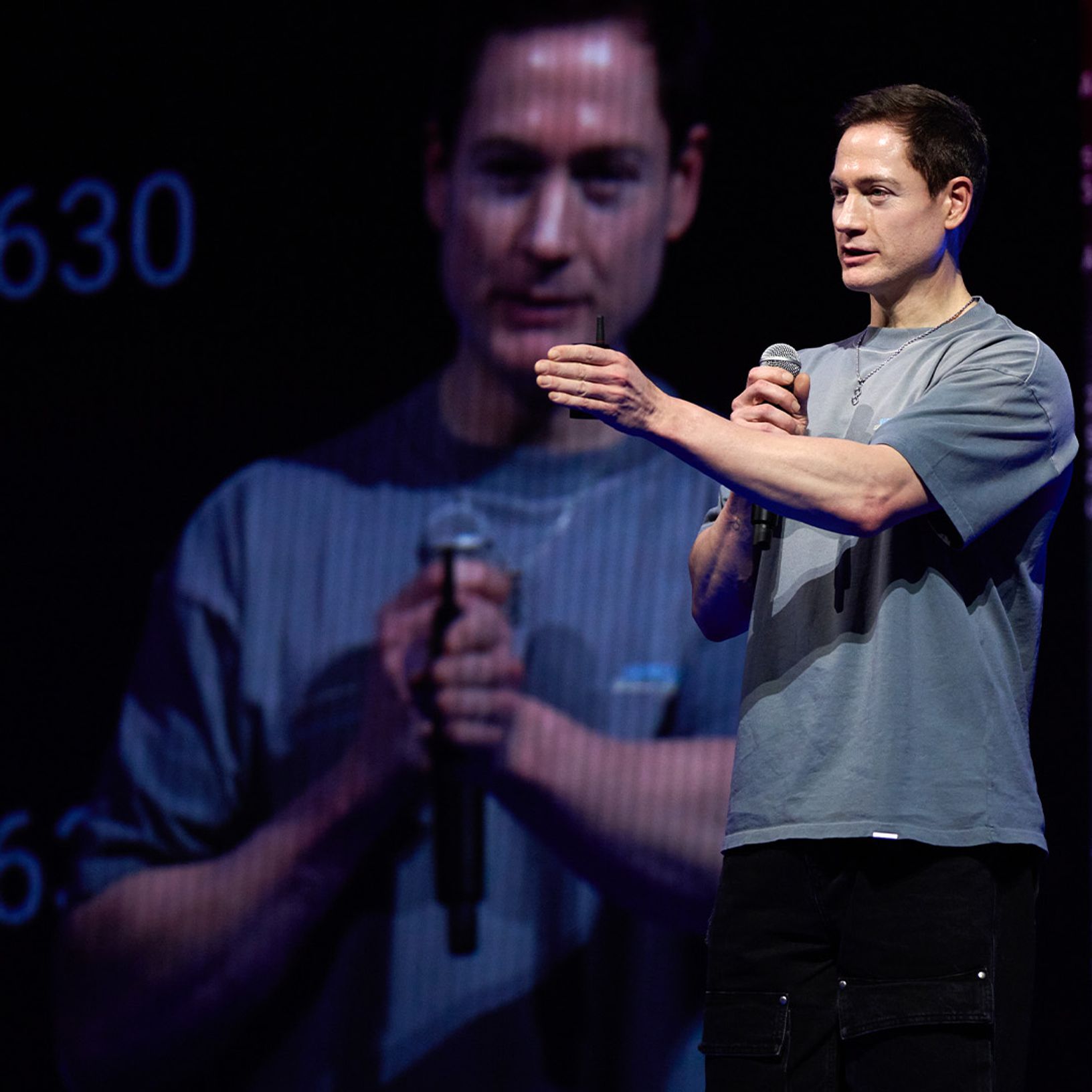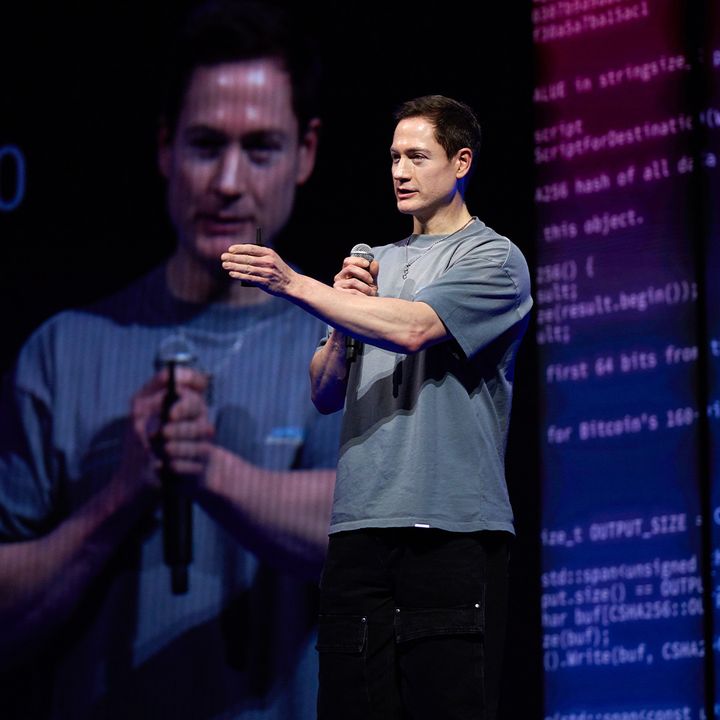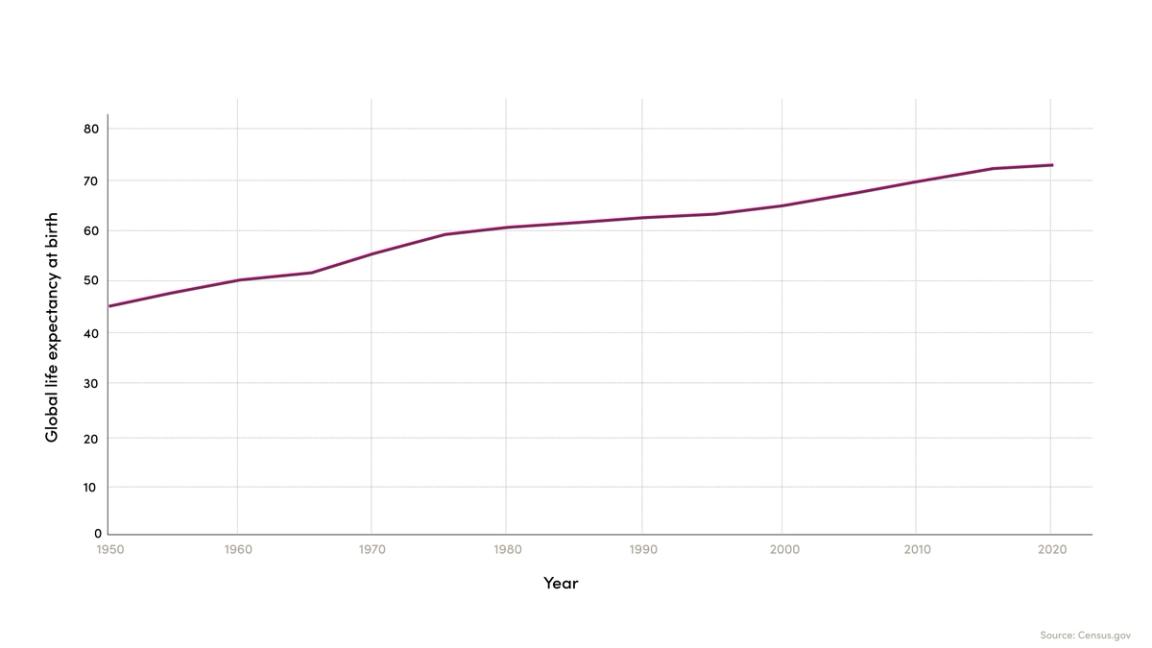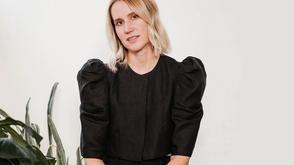Edwin Smith: How to Live Forever


Billionaires and tech titans are helping to pioneer game-changing advancements in longevity science. It may not be long before the rest of us can benefit too.
When I had lunch with the insurance billionaire Robert Rosenkranz recently, he told me something surprising: he believes he’s getting younger.
Over dim sum at the Dorchester, a hotel in London, Rosenkranz, 82, explained that his biological age, as measured by various tests he subjects himself to, was not only 10 or 12 years lower than his chronological age, it was also on the way down.
What’s his secret?
He wouldn’t say – because, he reasoned, he could be responsible if readers of my magazine adopted his methods.
Perhaps that’s because he’s doing something that hasn’t yet been subject to the clinical trials and approvals necessary for the usual authorities to deem a treatment ‘safe’. Or maybe he just wants to keep it to himself.
Worming treatments
What Rosenkranz did reveal, however, was that he is a supporter of longevity science through a range of philanthropic grants, and his patronage provides privileged access to the bleeding edge of this fast-moving area of research.
One experiment he’d been privy to involved C. elegans, a species of worm which is often used for tests because its average lifespan of 15 days allows for a quick feedback loop. Rosenkranz said he’d backed one ambitious scientist who was trying to get the worms to live for a whole year. “We’re 250 days into this,” he said, “and 64 percent of the worms are still alive”.
The quest for the elixir of youth, of course, is nothing new. The concept can be traced back to the Epic of Gilgamesh, a Mesopotamian myth from the 2nd and 3rd millennia BC that’s been subject to almost innumerable updates (including in Harry Potter and the Philosopher's Stone).
The difference is that now, in 2025, some people are hoping we can turn the myth into reality.
‘Don’t Die’
The poster child for longevity science, if it has one, is Bryan Johnson. You know who I mean. He’s the guy who looks and talks a bit like Data, the android from the 1990s Star Trek TV series, and who, in a recent Netflix documentary, talked about receiving blood transfusions from his teenage son.
What sometimes gets lost in the more sensationalist media coverage about Johnson is that he doesn’t just want to prolong his own life; he wants to create a profound shift in humanity. Almost everything, he argues, is shaped by the fact that one day, each of us will die.
But what if we didn’t? Johnson hopes his credo, which he encapsulates as ‘Don’t Die’, will usher in an era of humanity in which dying is not an inevitability, but a choice – one that you may never have to make.
The ‘doping Olympics’
That still seems a little way off. Of immediate promise, however, is the more modest idea that we can improve and maintain our health, fitness and wellness with the use of various ‘enhancements’.
This is the view of the people behind the Enhanced Games, often referred to as ‘the doping Olympics’. The games, which will debut in Las Vegas next year, are perhaps best known for offering competing athletes (who are allowed to use steroids, hormones and other substances banned by the World Anti-Doping Agency) a bonus of $1m if they manage to surpass an existing world record. However, as with Johnson, the controversy and hyperbole around the story mask what’s really going on.
The Enhanced Games are led by Aron D’Souza, who last year told me his ambitions went beyond putting on a flashy show that generates ticket sales and advertising revenue. His bigger goal is to “safely transition mankind to a new super-humanity,” embracing technologies such as artificial intelligence, computational biology and quantum computing to bring about what he described as human 2.0.
His plan is to use data from athletes to create products that can be marketed at the event. It has received backing from investor Peter Thiel, an old friend of D’Souza, as well as German billionaire Christian Angermayer and Donald Trump Jr.
Healthy Aging
So, just how big is this opportunity? Estimates of both the current and future size of the addressable market vary wildly, but a recent McKinsey report put the value of the global wellness industry at $2tn and added that the longevity segment, in particular, was poised for further growth. “Longevity-focused products and services are not only for older consumers. There has been a cultural shift among younger generations to take a proactive approach to healthy aging rather than a reactive one,” the report noted.
The consultancy Oliver Wyman has noted that the longevity sector alone was valued at $25bn in 2020 and has been projected, by Bank of America analysts, to surpass $600bn by 2025 as new technologies and demographic trends converge. (Globally, average life expectancy is now 73 years, up from 45 in 1950, according to the U.S. Census Bureau.)

Source: Census.gov
For now, many of the most effective longevity treatments and clinics are the preserve of those with significant means. The seven-day Revitalisation Premium program at Clinic La Prairie in Switzerland, for instance, starts at 50,250 Swiss francs ($63,000).
The key to creating the kind of value that gets venture capital firms and private equity houses really excited may be in rolling out longevity products and services at scale. One company already doing this to some extent is Neko Health, a healthcare technology company created by Spotify founder Daniel Ek and his business partner Hjalmar Nilsonne. In January, the business closed a $260m series B funding round to help accelerate its global expansion.
As I discovered on a visit to its futuristic new facility in London’s Spitalfields, Neko Health offers a non-invasive scan that tests for health risk factors, skin cancer and blood abnormalities. After changing into a gown and some rubber slippers, patients undergo a range of tests, which are then almost immediately reviewed in a consultation with a doctor.
None of the technology is particularly advanced or groundbreaking, but the model that the company is building speaks to a wider recognition that, when it comes to health, prevention is better than cure.
What’s more, the nature of the tests means that they are most useful when regularly repeated. That should result in recurring revenue, but it might also help to create a wealth of data – a virtuous cycle that improves health screening and, possibly, treatments as well.The best part of the Neko Health scan, however, might be the cost: £299 ($410). At that price, and with the current direction of travel, the elixir of youth – or something like it – may not be the preserve of billionaires and tech titans for much longer.
Edwin Smith has been editor-in-chief of Spear's, a magazine for the ultra-high-net-worth community, since 2020.
ThinQ by EQT: A publication where private markets meet open minds. Join the conversation – [email protected]




